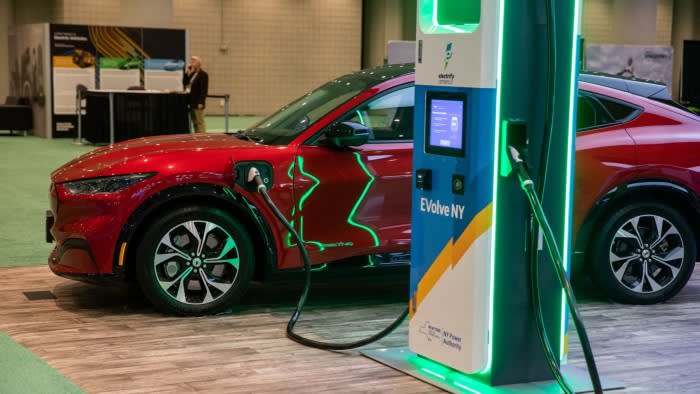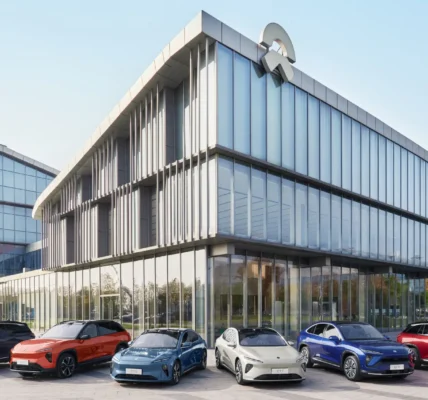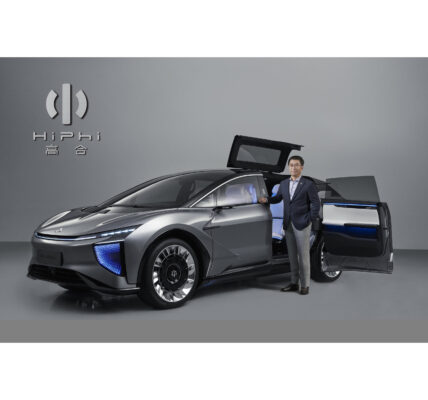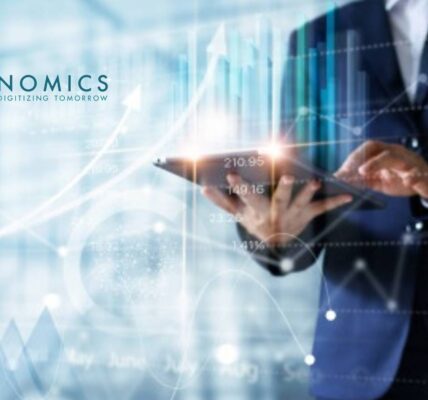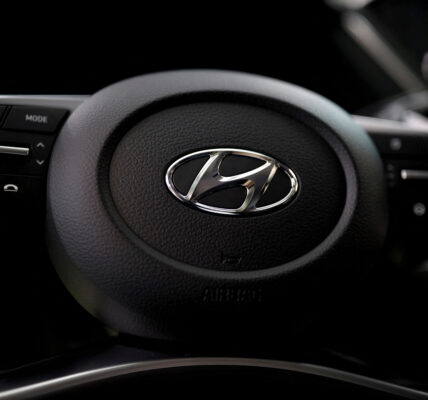Fifteen Japanese companies including Isuzu Motors and trading house Sojitz will receive government funding to create supply chains in Southeast Asia, Nikkei has learned, part of an initiative with investments estimated at 100 billion yen ($679 million).
Japan’s Ministry of Economy, Trade and Industry soon will announce 13 demonstration projects chosen to get a combined 35 billion yen — or $238 million — in assistance from the state.
The projects, located in member states of the Association of Southeast Asian Nations, will involve technological development and capital investments expected to grant a competitive advantage for Japanese businesses in the region and counter Chinese influence.
The government aid will come from a 140 billion yen subsidy program targeting investments in the Global South that was earmarked last year.
Semiconductors will be a key part of the supply chain project. Tokyo plans to support a chip packaging production line being built by Mitsumi Electric in the Philippines. The line will allow front-end and back-end processes to be handled in both Japan and the Philippines.
The Japanese government also will subsidize the Vietnamese manufacturing operations of Tokuyama, a world leader in polycrystalline silicon used in semiconductors.
Automotive and decarbonization also are regarded as critical fields. Isuzu and trading house Mitsubishi Corp. are piloting a project to introduce electric vehicles with easily swapped batteries as well as battery exchange stations in Thailand.
This will help Japan establish a battery supply chain in Thailand, where China is rapidly expanding its EV market share.
Sojitz and Green Power Development will receive funding for pilot production of sustainable aviation fuel (SAF) in Southeast Asia. The use of SAF can reduce the industry’s carbon output.
Tokyo intends to increase the use of SAF to around 10% of all aviation fuel by 2030. The project by Sojitz and Green Power Development would diversify Japan’s sources of the fuel.
In the energy sector, the government will provide aid for a plan by Toyo Engineering and trading house Itochu to supply green hydrogen to ammonia production facilities in Indonesia. So-called green hydrogen does not emit carbon during the manufacturing process.
Japanese automakers traditionally have been strong in ASEAN, but Chinese players such as BYD are taking the lead in manufacturing EVs locally.
China also poses an increasing risk to economic security, since the country controls much of the Indonesian supply chain for nickel, a key material for EV batteries.
China’s share of ASEAN trade by value nearly tripled to 19.7% in 2023 from 7.3% in 2003. Japan’s share dropped by half over the past two decades, to 6.7% from 13.6%.
Japan, in cooperation with ASEAN, looks to create supply chains that do not rely on China, while also building market share.


